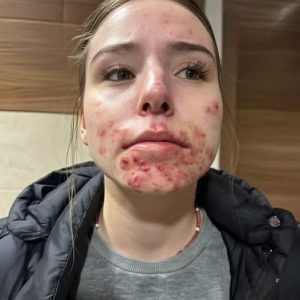Easy bruising occurs when small blood vessels beneath the skin, known as capillaries, break after an impact, causing blood to leak into the surrounding tissue. This results in the familiar discoloration that transitions from purple to green to yellow as the body reabsorbs the blood. While occasional bruising is normal, frequent or unexplained bruises may indicate underlying health issues.
Several factors can contribute to easy bruising. Vitamin deficiencies, particularly in vitamins C, K, and B12, can weaken blood vessels and impair clotting. Medications such as blood thinners, aspirin, and certain anti-inflammatories can also increase bruising risk by affecting blood clotting mechanisms. Additionally, aging leads to thinner skin and reduced fatty tissue, making capillaries more susceptible to rupture. Hormonal changes or medical conditions affecting blood clotting or circulation can further exacerbate bruising tendencies.
To reduce the risk of easy bruising, it’s advisable to strengthen your diet with foods rich in vitamin C (e.g., citrus fruits, peppers), vitamin K (e.g., leafy greens), and iron (e.g., lean meats, lentils). Protecting the skin by wearing long sleeves when gardening or performing household tasks can also help. If bruising becomes excessive or is accompanied by other symptoms like fatigue or nosebleeds, it’s important to consult a healthcare professional to rule out underlying conditions.
Remember, your body often signals when something is amiss. While a small bruise might seem insignificant, it could be an indication that your body needs more nutrients or care. Paying attention to these signs and seeking appropriate medical advice can help maintain overall health and well-being.




